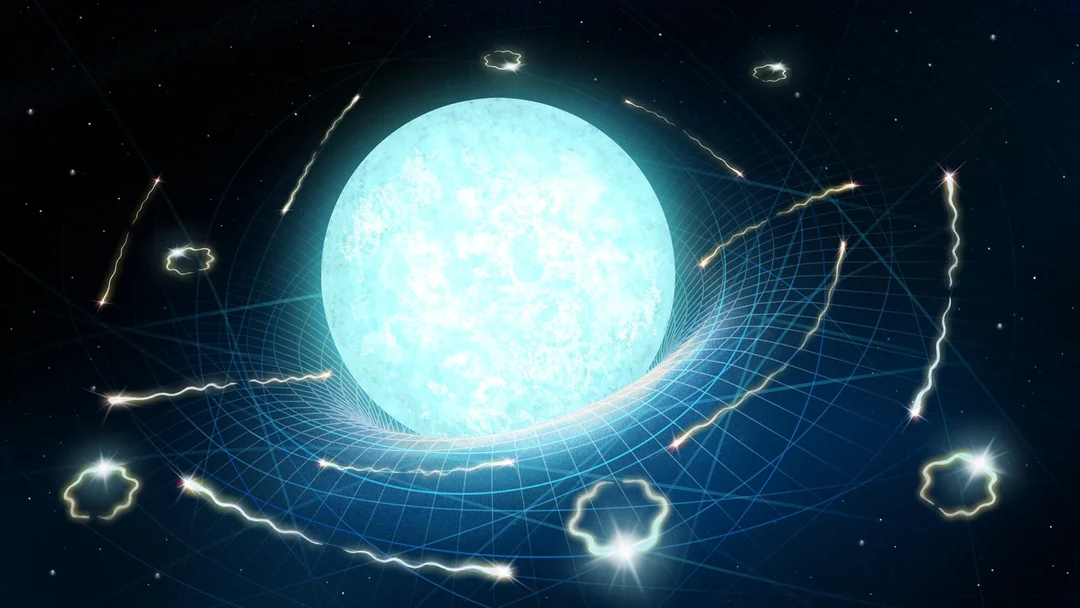
The Universe’s Clock is Ticking Faster: New Research Revises Its Predicted End
Hold onto your hats, space enthusiasts! New research suggests the universe is heading towards its demise much quicker than previously estimated. While the original timeline extended to a staggering 10 to the power of 1,100 years, a recent study by Dutch scientists at Radboud University has drastically revised this figure to a mere 10 to the power of 78 years. Yes, you read that right – the end is coming, relatively speaking, sooner than we thought!
Published in the Journal of Cosmology and Astroparticle Physics, the research highlights the theoretical dissolution of the most durable celestial bodies, specifically white dwarf stars. Lead author Heino Falcke assures us, "The final end of the universe is coming much sooner than expected but fortunately it still takes a very long time."
The scientists based their calculations on Hawking radiation, a concept introduced by the renowned physicist Stephen Hawking. Hawking proposed that black holes aren't entirely inescapable; they slowly "evaporate" by releasing radiation, effectively shrinking over time. The Radboud team expanded this theory to other celestial objects, discovering that the rate of evaporation depends heavily on density. This allowed them to calculate the lifespan of white dwarfs, the universe's longest-lasting objects.

According to co-author Walter van Suijlekom, this exploration into extreme cosmic scenarios isn't an end in itself: "By asking these kinds of questions and looking at extreme cases, we want to better understand the theory, and perhaps one day, we can unravel the mystery of Hawking radiation."
But what does this mean for us, mere mortals? Well, probably not much. As the articles point out, humans won't be around to witness the universe's final moments. Our Sun is predicted to become uninhabitable in a billion years, and in about eight billion years, it will expand, engulfing our planet completely. So, the fate of the universe is perhaps a concern for far-distant future beings – if there are any.
Interestingly, this research surfaces shortly after new findings regarding dark energy, the mysterious force constituting almost 70% of the universe. Some studies suggest dark energy might be weakening, potentially leading to the universe ceasing its expansion and ultimately collapsing in a "Big Crunch."
The Dutch scientists also calculated the "evaporation" time for other objects. They found that neutron stars and stellar black holes, surprisingly, take about the same time to decay: 10 to the power of 67 years. A human body, under solely Hawking-like radiation, would last for 10 to the power of 90 years – though they noted other processes are likely to speed up the process significantly.

Regardless of these revised timelines, the research serves as a vital step toward deepening our understanding of the universe's fundamental laws. It also reminds us of the immense scale of the cosmos and the relative brevity of human existence within it. So, perhaps the next time you're feeling stressed about deadlines, remember the universe has an expiration date too… just a very, very distant one.
What do you think about these revelations? Share your thoughts and cosmic ponderings in the comments below! Are you comforted by the vast timescale, or does it make you feel insignificant?